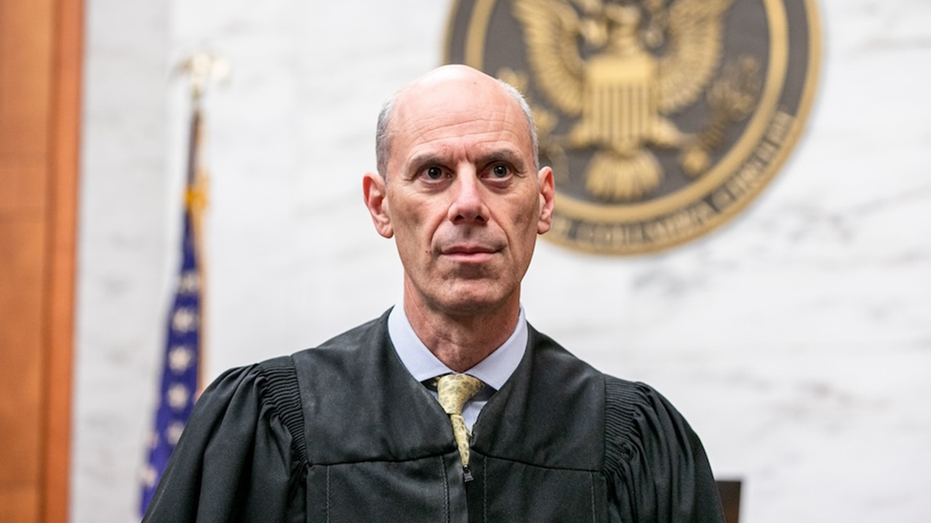A shadow of uncertainty hangs over American healthcare, with a significant surge in premiums looming in 2026. Millions face the prospect of dramatically higher costs as crucial government subsidies, currently keeping healthcare affordable for many, are set to expire at the end of 2025.
Current projections paint a stark picture. Without an extension of these subsidies, individuals relying on the Affordable Care Act (ACA) marketplace could see their monthly payments skyrocket by a staggering 114%. Even with the subsidies continuing, a 26% premium increase is already anticipated for 2026, adding further strain to household budgets.
However, the impending expiration of subsidies isn’t the sole driver of these rising costs. Experts point to inherent inflationary mechanisms built into the ACA itself as a fundamental issue. The very structure of the law, while intended to expand access, inadvertently contributes to escalating healthcare expenses.
One key component is “guaranteed issue,” a provision requiring insurers to cover everyone regardless of pre-existing conditions or age. While ethically sound, this practice inevitably raises premiums. Insurers must account for the higher healthcare utilization of older patients, spreading those costs across the entire pool of enrollees.
Adding to this complexity is the “community rating” rule. This regulation limits how much insurers can charge older individuals compared to younger, healthier ones. While protecting seniors, it effectively creates a financial transfer, requiring younger, healthier individuals to subsidize the care of older enrollees.
Critics argue this system resembles government price controls, artificially manipulating the market. It establishes a floor for healthy individuals and a ceiling for those with greater healthcare needs, distorting the natural forces of supply and demand. The result is a system where everyone pays more than they might otherwise.
Furthermore, the ACA mandates a set of “essential” health benefits that all plans must cover. This means individuals are forced to pay for services they may never use, such as alcohol rehabilitation or specialized prosthetics, regardless of their personal needs or preferences. These mandated benefits significantly inflate the overall cost of coverage.
The debate over extending these subsidies has already triggered political clashes, contributing to a recent government shutdown – the longest in U.S. history. While a short-term spending bill was eventually passed, it did not include a permanent extension of the ACA subsidies, leaving the future uncertain.
The Biden administration initially introduced these subsidies through the American Rescue Plan Act and later extended them with the Inflation Reduction Act. However, opposition remains strong, with some prominent figures signaling their unwillingness to support further extensions, adding another layer of complexity to the situation.
As the deadline approaches, the fate of these subsidies – and the affordability of healthcare for millions of Americans – hangs in the balance. The coming months will be critical in determining whether a solution can be found to avert a potentially devastating increase in healthcare costs.






